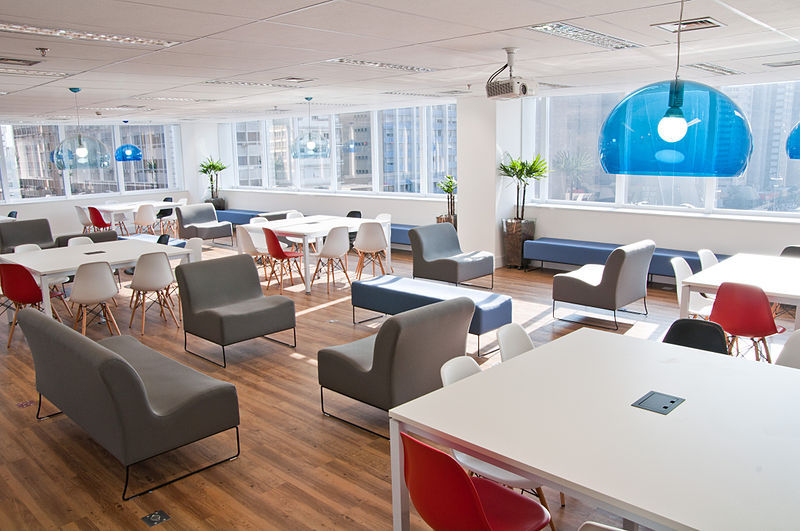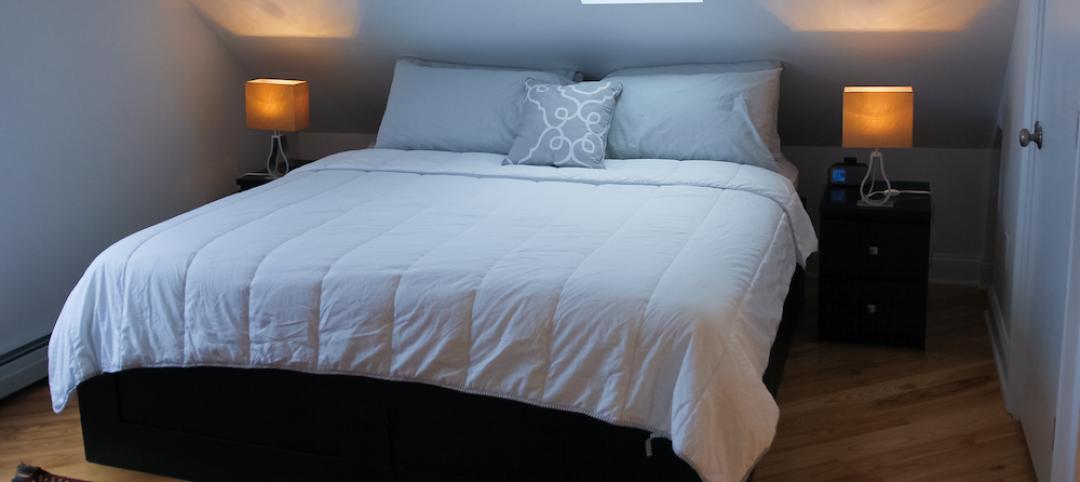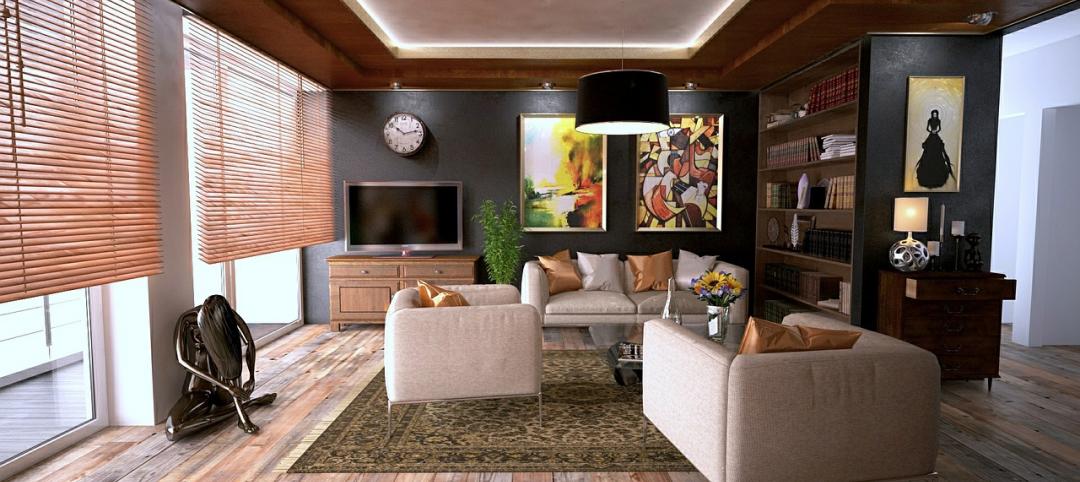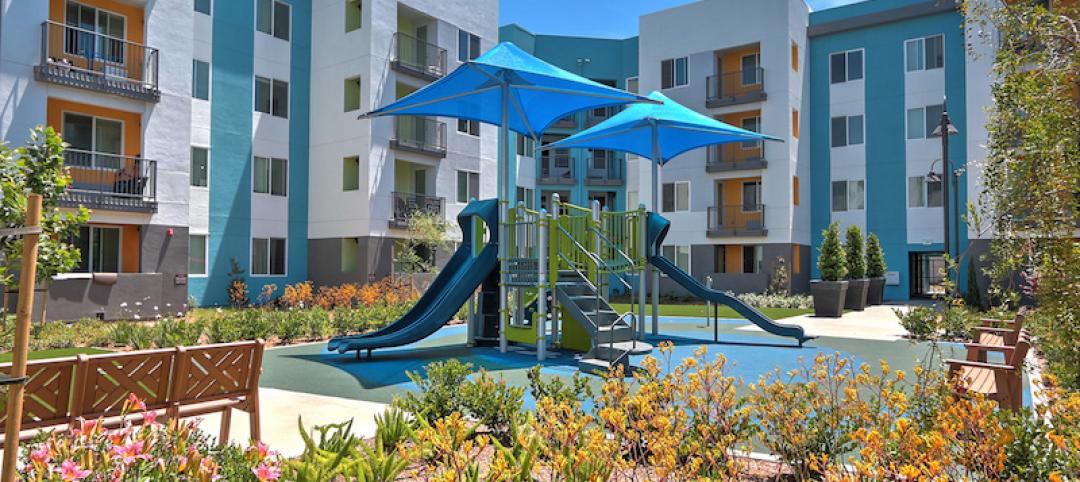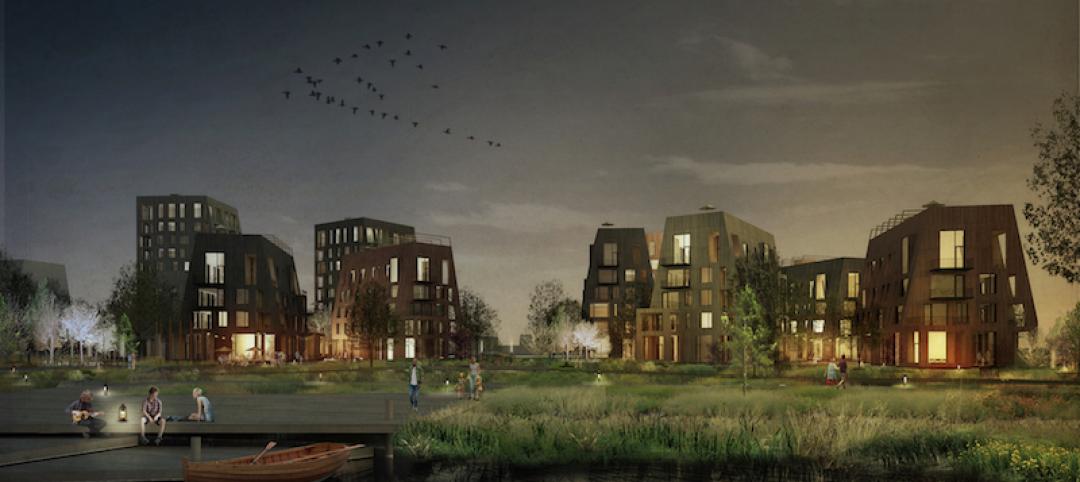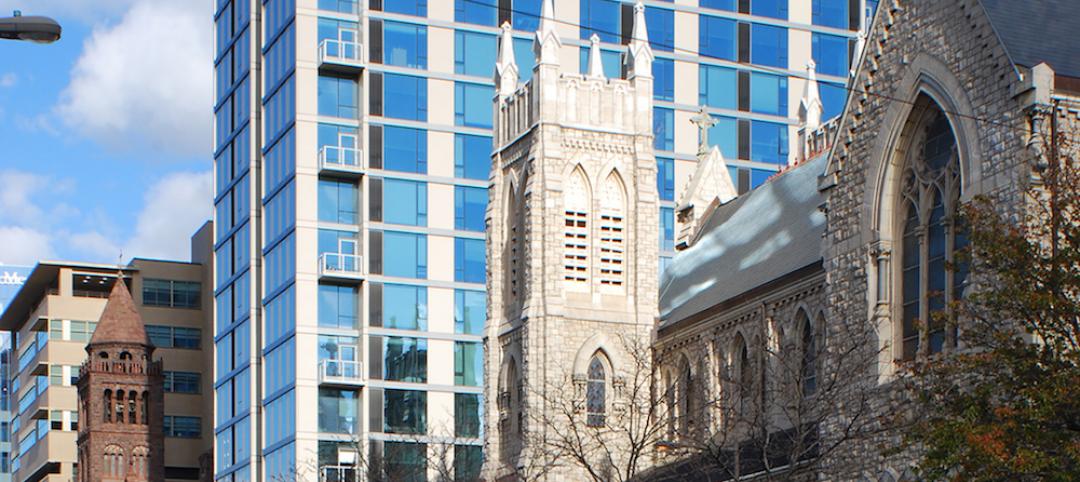Six years after WeWork took the office market by storm with its breakthrough co-working real estate concept, the New York-based startup set its eyes on the next big opportunity for its communal real estate business model: co-living.
WeLive launched early last year with locations in Lower Manhattan and Arlington, Va., and the company has plans to expand to as many as 14 cities in the coming years.
WeLive turns the traditional multifamily rental model on its head. Gone is the long-term lease agreement; Tenants are “members” who can stay month to month, even day to day. Eventually, as the WeLive network expands, members will be able to move freely city to city, as needed, at no additional cost.
From a practicality standpoint, co-living makes complete sense for young, single, and highly mobile working professionals. The spaces are well designed, fully furnished, filled with attractive amenities, and come complete with all the niceties of modern living: towels and linens, housekeeping services, HDTVs, premium cable, high-speed WiFi, concierge staff, even free refreshments like tea, coffee, and fruit water. Think apartment complex meets hotel—but with a crucial twist.
The secret sauce, according to WeWork, is the “We” in WeLive: spaces and programs designed to foster a strong sense of community and connection with other members. Each location has a full-time community concierge team, which organizes events like movie nights, cocktail hours, and formal and informal meals in a communal kitchen. The mailroom and laundry room double as bars and event spaces, and amenities like a rooftop deck and a hot tub encourage tenants to meet and mingle.
WeWork has no shortage of competitors in the co-living market space. Common, HubHaus, Krash, Node, Open Door, Pure House, and Roam Co-living are among the dozen or so startups that are aiming to profit from the mainstreaming of the “hacker house,” commune, or boarding house dwelling models. Investors have taken notice, and have pumped millions into these fledgling businesses. (Common, for instance, has raised more than $23 million from multiple investors since its founding in 2015. With this funding, the startup has opened 13 developments across four metros: Chicago, New York, San Francisco area, and Washington, D.C.)
While it’s too early to claim any of these budding businesses as a resounding success, the co-living craze is the latest example of the startup world looking to shake up the slow-to-evolve, $228 trillion (yes, trillion! tinyurl.com/REworth) global real estate market. Whether it’s Google, WeWork, or Airbnb—or countless other startups and tech firms—it is clear that investors see colossal dollar signs tied to disrupting the tried-and-true real estate and construction markets.
Will your firm join them?
Related Stories
Multifamily Housing | Jul 14, 2016
Portland, Ore., City Council approves construction excise tax for affordable housing
Expected to raise $8 million annually on commercial and residential projects.
Multifamily Housing | Jul 7, 2016
Courtyards make Brooklyn’s Bushwick II residential development its own miniature city
Bushwick II will feature light-filled plaza spaces, a roof for urban living, and more than 800 apartment units.
Market Data | Jul 7, 2016
Airbnb alleged to worsen housing crunch in New York City
Allegedly removing thousands of housing units from market, driving up rents.
Market Data | Jul 6, 2016
A thriving economy and influx of businesses spur construction in downtown Seattle
Development investment is twice what it was five years ago.
Multifamily Housing | Jul 5, 2016
Apartments continue to shrink, rents continue to rise
Latest survey by RENTCafé tracks size changes in 95 metros.
High-rise Construction | Jun 29, 2016
Best Tall Buildings around the world favor unusual shapes and hybrid functions
The Council on Tall Buildings and Urban Habitat selects winners in four regions.
Multifamily Housing | Jun 22, 2016
Can multifamily construction keep up with projected demand?
The Joint Center for Housing Studies’ latest disection of America’s housing market finds moderate- and low-priced rentals in short supply.
Urban Planning | Jun 15, 2016
Swedish ‘Timber Town’ proposal from C.F. Møller provides a unique blend of nature and city
The development acts as a transition area between a traditional urban landscape and parklands.
Multifamily Housing | Jun 14, 2016
San Francisco voters approve tougher affordability requirement on new housing development
Critics charge that the measure may backfire and actually reduce new affordable units.
Building Team Awards | Jun 1, 2016
Multifamily tower and office building revitalize Philadelphia cathedral
The Philadelphia Episcopal Cathedral capitalizes on hot property to help fund much needed upgrades and programs.


